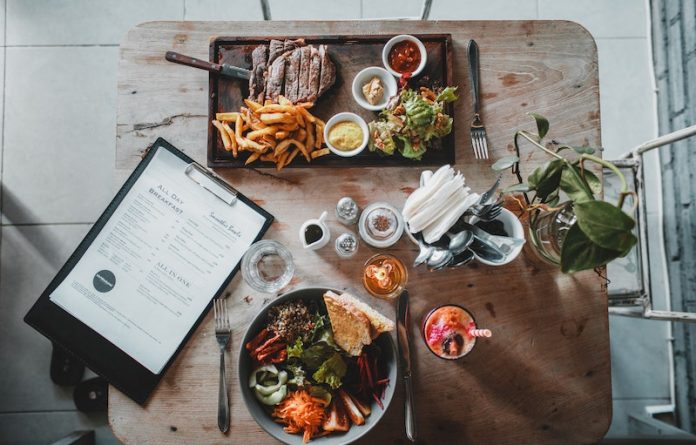
In a new study, some researchers wanted to find out if menu calorie labeling could help reduce the number of obesity-associated cancer cases in the United States.
They conducted a study called the “Impact of Menu Calorie Labelling on Obesity-Associated Cancer Burdens in the USA” study.
To do this study, the researchers used a computer model to simulate the impact of menu calorie labeling on a population of 235 million adults in the United States.
They looked at how menu calorie labelling could change consumer behavior and industry reformulation, and how this could affect obesity-associated cancer cases over a lifetime.
The researchers found that menu calorie labeling could lead to 28,000 fewer cases of obesity-associated cancer and 16,700 fewer cancer deaths.
It could also save up to $2 billion in cancer-related medical costs among adults in the United States.
The study also showed that additional industry reformulation could further increase the impact of menu calorie labeling on reducing obesity-associated cancer cases.
Overall, this study suggests that menu calorie labeling could help reduce the number of obesity-associated cancer cases and save billions of dollars in cancer-related medical costs in the United States.
The researchers recommend that policymakers prioritize nutrition policies for cancer prevention in the country.
It’s important to note that this study was based on computer modeling and not on actual data from menu calorie labeling.
However, it does provide valuable insight into the potential benefits of this policy for public health.
What to eat to prevent cancer
Eating a healthy and balanced diet is important for reducing your risk of cancer. Here are some tips on what to eat to help prevent cancer:
Eat plenty of fruits and vegetables: Fruits and vegetables are high in vitamins, minerals, and antioxidants that can help protect your cells from damage that can lead to cancer. Aim for at least five servings of fruits and vegetables per day.
Choose whole grains: Whole grains, such as brown rice, whole wheat bread, and quinoa, are high in fiber and other nutrients that can help reduce your risk of cancer.
Limit processed and red meats: Processed and red meats, such as bacon, sausage, and hot dogs, have been linked to an increased risk of certain cancers.
Try to limit your intake of these foods and choose lean proteins, such as chicken, fish, and beans, instead.
Choose healthy fats: Healthy fats, such as those found in nuts, seeds, avocados, and fatty fish, can help reduce inflammation and protect against cancer.
Drink alcohol in moderation: Drinking alcohol has been linked to an increased risk of certain cancers, such as breast and colorectal cancer.
If you choose to drink, limit your intake to one drink per day for women and two drinks per day for men.
Stay hydrated: Drinking plenty of water and other fluids can help flush toxins out of your body and reduce your risk of cancer.
Overall, a healthy diet that includes plenty of fruits and vegetables, whole grains, lean proteins, healthy fats, and limited amounts of processed and red meats and alcohol can help reduce your risk of cancer.
It’s also important to maintain a healthy weight, stay physically active, and avoid smoking to further reduce your risk of cancer.
The research was published in BMJ Open and was conducted by Mengxi Du et al.
Copyright © 2023 Scientific Diet. All rights reserved.





